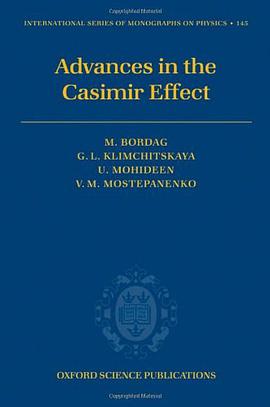

具体描述
In the history of Western thought, Christian theology was once considered to be 'the Queen of Sciences'. Today it has been marginalised by a prevailing scepticism. Randal Rauser confronts the problem of developing a public voice for the theologian as engaged in true theological science while not compromising the commitment to the Christian community of faith. This book posits a viable account of theological rationality, justification, and knowledge that avoids the twin pitfalls of modern rationalism and postmodern irrationalism. Theology is freshly understood as a rigorous and rational truth-seeking discipline that seeks theoretical understanding of divine reality. Throughout the modern era the predominant epistemological position has been classical foundationalism, a position now widely rejected by philosophers and theologians alike. Philosophers recognize that it fails to achieve a plausible account of rationality, justification or knowledge, while theologians recognize the extent to which classical foundationalist strictures have distorted Christian doctrine. In its place many philosophers and theologians alike have adopted a nonfoundationalist epistemology, which is in turn often associated with a problematic alethic and metaphysical antirealism. Engaging with the ideas of key thinkers from Descartes, Locke, and Kant, to Bruce Marshall and Alvin Plantinga, Rauser provides an accessible and provocative survey of the theological terrain of the modern - and postmodern - era, arguing in favour of a return to a moderate foundationalism.
作者简介
目录信息
读后感
评分
评分
评分
评分
用户评价
相关图书
本站所有内容均为互联网搜索引擎提供的公开搜索信息,本站不存储任何数据与内容,任何内容与数据均与本站无关,如有需要请联系相关搜索引擎包括但不限于百度,google,bing,sogou 等
© 2026 book.wenda123.org All Rights Reserved. 图书目录大全 版权所有



















